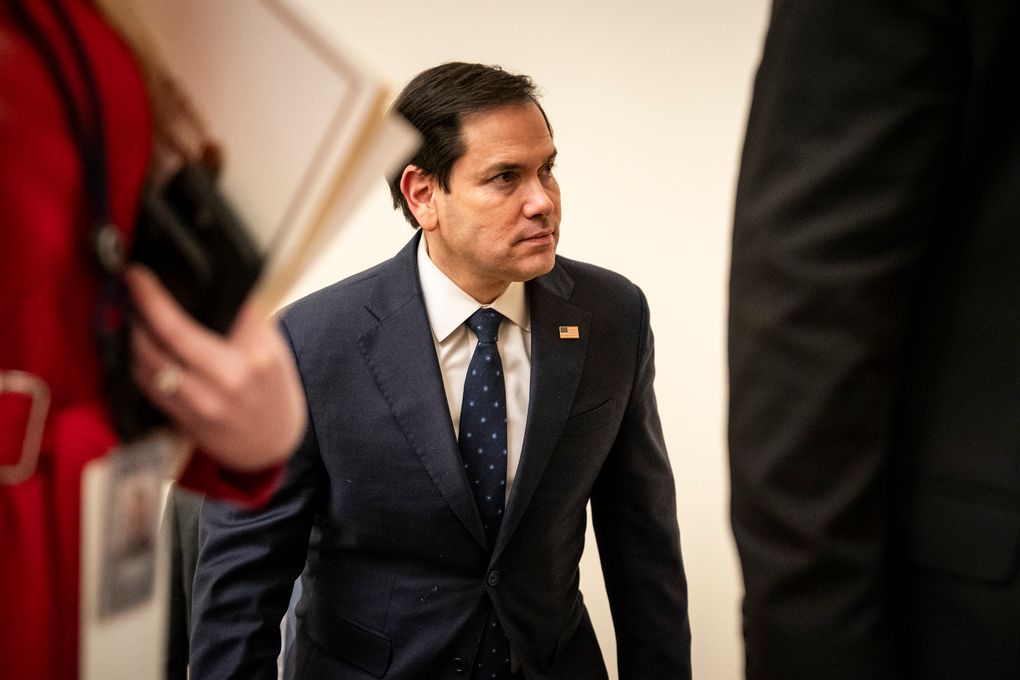
U.S. Diplomats to Analyze Social Media of Student Visa Applicants
In a bold move that highlights the evolving landscape of immigration and national security, U.S. diplomats have been instructed to scrutinize the social media activities of student visa applicants. This comes as part of a broader strategy aimed at ensuring national security by utilizing available technological tools. The initiative signifies a shift towards integrating digital footprints into the visa application evaluation process.
Understanding the Policy Shift
The decision to integrate social media analysis into the visa application process is primarily driven by security concerns. With the rise of online activity, applicants’ digital footprints provide valuable insights into their intentions and character. This policy, spearheaded by leaders committed to national safety, aims to preemptively address potential threats.
U.S. Senator Marco Rubio has been a vocal advocate for this change. His directive underscores a growing belief within government circles that monitoring online activity can help identify risks before they materialize. By analyzing social media profiles, authorities hope to discern potential red flags that might otherwise go unnoticed in traditional vetting processes.
How Social Media Analysis is Conducted
U.S. diplomats will employ a methodical approach to scrutinize applicants’ online presence. This involves examining content across various platforms, including Facebook, Twitter, Instagram, and LinkedIn. The process will focus not only on the content posted by applicants but also on interactions with others, groups they associate with, and the nature of their online discourse.
The procedures are meticulously designed to protect privacy while achieving security objectives. Templates and guidelines have been established to ensure consistency in evaluation. Moreover, training programs are being developed to equip diplomats with the skills needed to navigate the complexities of social media analysis effectively.
The Rationale Behind the Strategy
Social media platforms have increasingly become the digital town squares of modern society. They are windows into an individual’s thoughts, beliefs, and behaviors. As such, they provide a wealth of information for authorities concerned with maintaining national safety.
The rationale for this strategy is twofold: first, it acts as a deterrent by signaling to potential wrongdoers that their online activities are subject to scrutiny. Second, it allows authorities to build a comprehensive profile of each applicant, aiding in making informed visa decisions.
Potential Challenges and Criticisms
Despite its potential benefits, the policy is not without controversy. Privacy advocates have expressed concerns about government overreach and the implications of monitoring personal online activity. They argue that such practices may infringe on individual rights to free expression and privacy.
Additionally, the practicality of implementing such a policy on a large scale remains uncertain. The sheer volume of applications and the vast amount of data generated by social media users present logistical challenges. Ensuring the consistency and fairness of the analysis across different cases is also a primary concern.
Balancing Security and Privacy
Navigating the delicate balance between security and privacy is at the heart of this policy. While national security is a legitimate concern, it is essential to safeguard the rights and freedoms that are the bedrock of democracy. Policymakers are tasked with finding a middle ground that addresses security needs without infringing on individual liberties.
Efforts are underway to refine the policy framework to address these concerns. Strict protocols are being put in place to ensure that data collected is used solely for security purposes and is handled with the utmost care. Transparency about the process and clear communication with the public are also being prioritized to build trust and understanding.
Implications for Students and Educational Institutions
The policy change holds significant implications for international students aspiring to study in the United States. For many, their online presence will now be a critical factor in the visa approval process. This underscores the importance of maintaining a responsible and respectful online presence.
Educational institutions are also likely to be affected. They may experience a shift in the composition of their student body if visa approvals decline. Institutions may also need to provide guidance to international students regarding their online activities, emphasizing the potential impact on their visa applications.
Conclusion
The decision to analyze the social media of student visa applicants marks a significant shift in immigration policy. It reflects an innovative approach to leveraging digital technology in service of national security while also highlighting the challenges of balancing security and privacy concerns.
As this policy unfolds, all stakeholders—from policymakers to students—will need to navigate its complexities and implications. Transparency, dialogue, and collaboration will be crucial to ensuring that the balance between national security and individual rights is preserved while adapting to the changing digital landscape.


